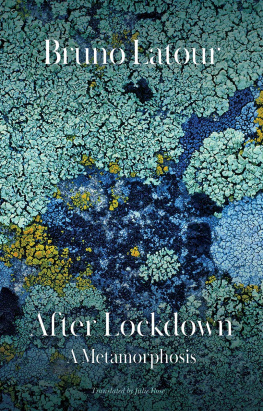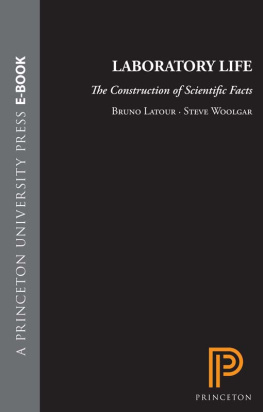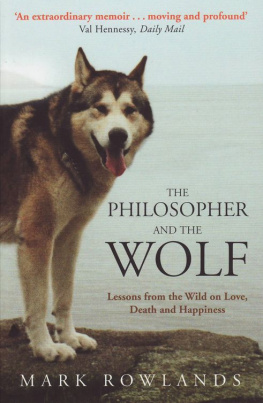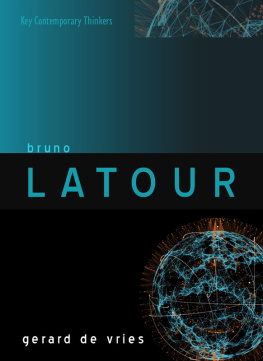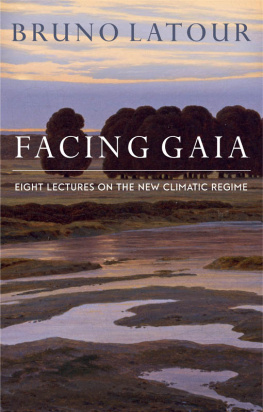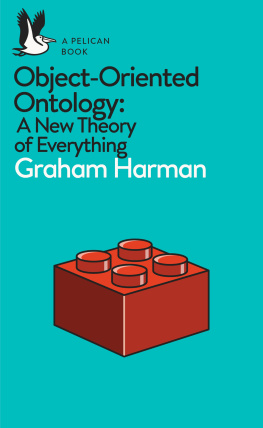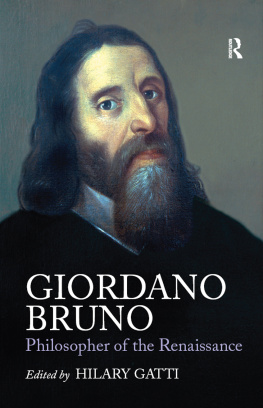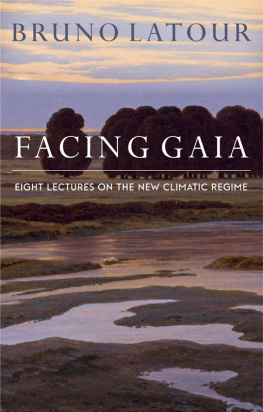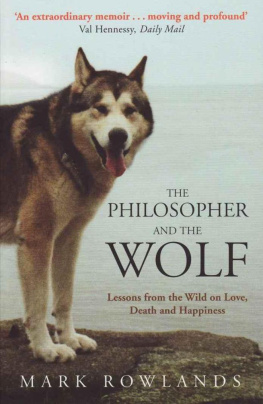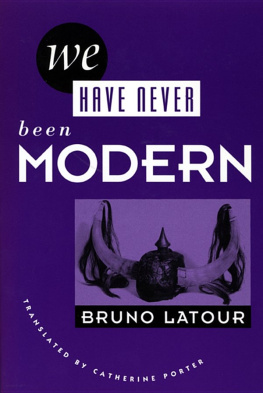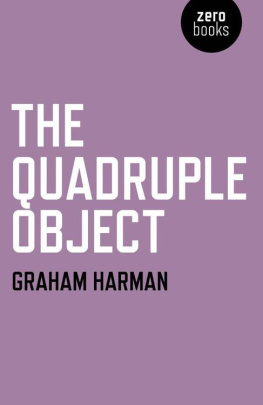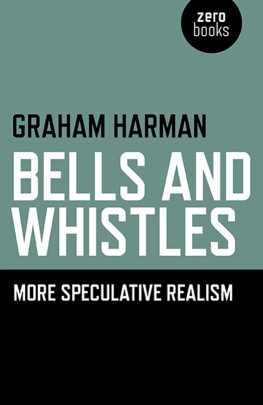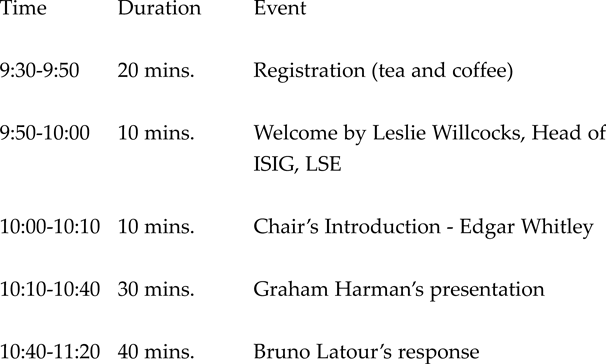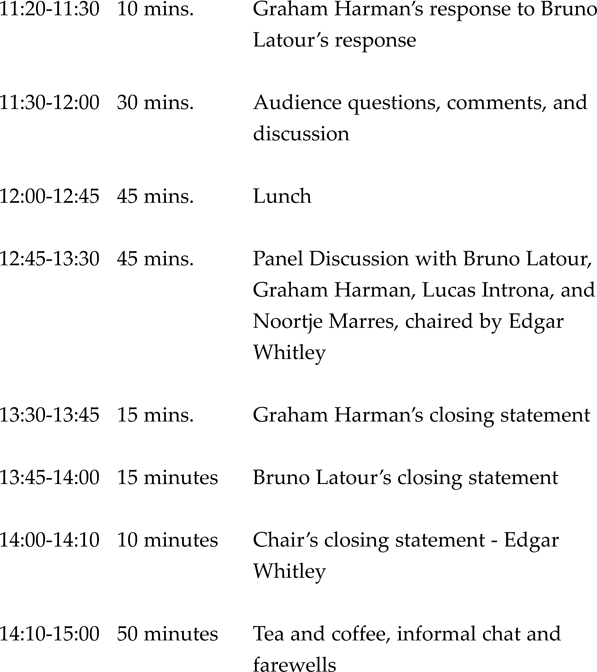Acknowledgement
We would like to thank the Information Systems and Innovation Group at the London School of Economics and Political Science for their generous support in hosting the symposium The Harman Review: Bruno Latours Empirical Metaphysics and producing this transcript.
Appendix
Symposium Schedule
The Harman Review: Bruno Latours Empirical Metaphysics
Hosted by the Information Systems and Innovation Group Department of Management, London School of Economics and Political Science
9:30-15:00
Tuesday, February 5, 2008
Graham Wallas Room
Old Building
Houghton Street
London School of Economics and Political Science
Schedule:
About the speakers, the panel and the chair:
Bruno Latour is Professor and Vice-President for Research at Sciences-Po Paris
Graham Harman is Associate Professor of Philosophy at the American University in Cairo and currently Visiting Associate Professor of Metaphysics and the Philosophy of Science at the University of Amsterdam
Lucas Introna is Professor of Organisation, Technology and Ethics and Head of the Department of Organisation, Work and Technology at Lancaster University Management School
Noortje Marres is Marie Curie Research Fellow at the Centre for the Study of Invention and Social Process, Department of Sociology, Goldsmiths, University of London
Edgar Whitley is Reader in the Information Systems and Innovation Group, Department of Management, London School of Economics and Political Science
This symposium has been organized by members of the ANTHEM Group:
http://www.anthem-group.net
Symposium Organizing Committee:
Aleksi Aaltonen, PhD Candidate, ISIG, LSE
Ofer Engel, PhD Candidate, ISIG, LSE
Peter Erdlyi, PhD Candidate, ISIG, LSE
Wifak Houij Gueddana, PhD Candidate, ISIG, LSE
Dr Maha Shaikh, Research Officer, ISIG, LSE
Participants Questions and Comments
NOTE: All participants were offered the opportunity to submit a question or a comment by email to the panel in advance, in order to provide material for the afternoon panel discussion. Submissions are listed below in the order in which they were received.
Michael Witmore
In the middle of Shakespeares King Lear , the fool asks the old king the reason why the seven stars are no more than seven? to which Lear answers, because they are not eight. Lears answer is wonderful (the fool loves it) because it avoids appealing to what Harman calls the hidden depths of things and opts instead for a statement of what is actually the case, with the understanding that the actual is reason enough for its own being. While reading Harmans analysis of Latours system, I felt sometimes that the power of the actual was so great that theoretical insight and present-tense description had become identical, as they do in Lears answer. Is this a fair way of characterizing Harmans objection to Latours actualism: that it fails to explain something crucial by offering a description where really only a metaphysics will do? Is this a metaphysical objection (a critique of some lapse in logic) or is there a practical thrust to Harmans objection as well? For example, is there a still unformulated metaphysics of contact among mediators that would allow us to identify new types of black boxes in the world that would otherwise go unnoticed?
Aleksi Aaltonen
Could metaphysical and methodological readings of ANT live side-by-side?
The question of where the microbes were before Pasteur typically causes a heated debate whenever discussing Latour. And so it happened in our ANTHEM reading group. Harman provides the answer. Microbes did not exist before Pasteur made them exist, because everything that exists in the Latourian conception is understood as an event resulting from its associations.
Harmans argument is that denying any existence to entities before they are associated is a flaw in Latours philosophy, but a flaw that can be remedied by being made more consistent in its fundamental principles. Harman makes, however, an interesting distinction between philosophical and empirical thinking: An object can only be measured or registered by its relations, not fully defined by them. Pragmatism has value as a method, but it fails as a metaphysical doctrine.
Could there be both methodological and metaphysical readings of this controversy? To me the reading that Harman claims to be a mistake has been a quite insightful methodological tool.
Simon Mills
Harman writes: To shift the scene of philosophy away from specific things is a superfluous gesture, and makes sense only if we lose faith in the concreteness of actors. Mammals are real, and there is no good reason to hold that mammals inhabit a topology that structures a space of possible vertebrates, as the wonderful Manuel DeLanda holds.
I would like to ask some questions related to the notion of individuation. Harman seems to be arguing here for a reality already comprised of fully constituted objects/actors. What account is there for how these objects are individuated: that is, how does this reality come to be constituted? If the world is objects all the way down then doesnt this open him up to accusations of atomism or hylemorphism, both of which are well-critiqued by Gilbert Simondon?
Although in the above quote Harman argues that there is no good reason to hold that mammals inhabit a topology that structures a space of possible vertebrates can he give an object-orientated account that is more reasonable?
Kellie Robertson
Since every new philosophy needs an acronym, it is clear that an object-oriented philosophy of science should, necessarily, be called OOPS. So within the domain of OOPS.
The treatise does an excellent job of bringing together classical philosophy (particularly Aristotle) with Latour (and, in passing, Descartes, Kant, Whitehead, Heidegger, Derrida, et alia) to illuminate the long-range philosophical stakes of an object-oriented philosophy. This contextualization is perhaps one of the books greatest (among many great) strengths. Among the individual chapters, Grahams identification of We Have Never Been Modern as Latours most provocative and ultimately most suggestive work seems right on the mark, and, consequently, this chapter seems to be the most important in the manuscript.
Graham provides an excellent summary of We Have Never Been Modern , obsessed as it is with the dance between Enlightenment strategies of purification and the ubiquitous hybrid objects that constantly undermine their claims. His identification of Latour as nonmodern is plausibly witty but also raises the question of what the relation is between the nonmodernist stance and that vast (and in Latours book) essentially silent world of the so-called premodern? In questioning the false binary of nature and culture that Latour identifies as having arisen in the seventeenth century, Latour implicitly suggests that everything prior to the seventeenth century was a happy blur of person and thing, subject and object, living together in an undifferentiated utopia. I exaggerate, but there is a whiff of paradise lost in We Have Never Been Modern that has always made me uncomfortable. In this sense, Latour has become yet another victim of the modernity trope insofar as his debunking always and only comes from its own perspective. So my question for Graham is a rather specific (and self-serving medievalist-y) one: In thinking about how an object-oriented philosophy destroys the foundational myths of modernity, what does it do for pre-modernity? If Latour argues that the seventeenth century began to misperceive a false distinction between people and things, is this just another version of Marx arguing that this misprision occurs with the inception of commodity relations and its subsequent fetishism? Arent Latour and Marx essentially running parallel shell games just drawing different lines in the sand on the question of modernity? And, finally, how does your revision of Latour in the final chapter address such an admittedly unfashionable and historicist concern?


